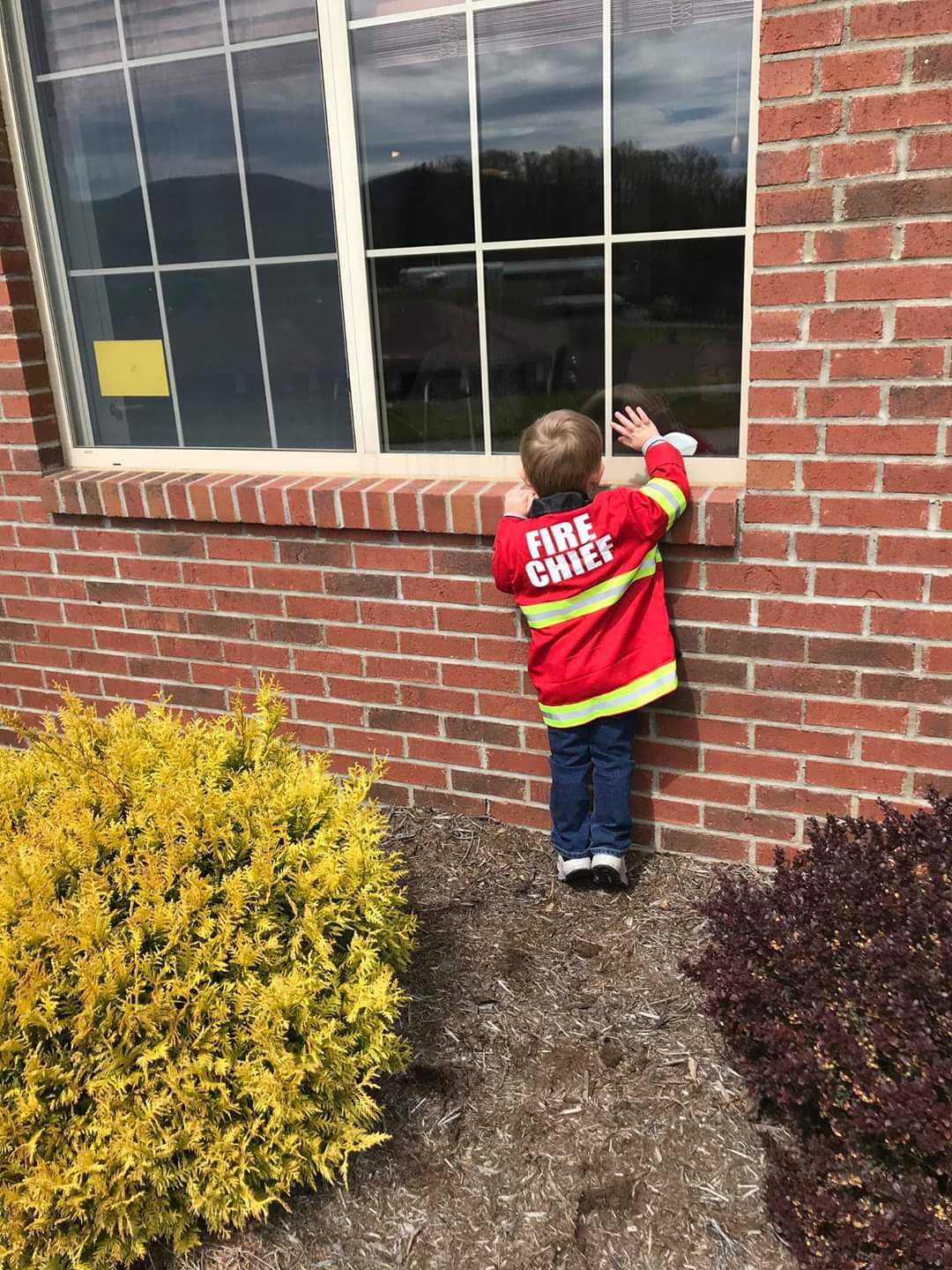AARP Hearing Center

AARP recognizes social isolation as a critical health issue for seniors. While staying at home and practicing social distancing to slow the spread of COVID, many seniors are finding themselves more isolated than ever before. That is why AARP North Carolina is focusing on some efforts being made to combat social isolation and break a "digital divide."
AARP warns that “social isolation occurs when people withdraw and become disconnected from family, friends and community.” While it may not be possible to connect physically right now, it is important that we all make efforts to remain as connected as possible. AARP and our close partners have created some innovative and simple ways to connect while socially distant.
AARP suggests some simple ways to help combat social isolation:
First it is critical to plan and connect, AARP says, “it's important to talk to family and friends to develop a plan to safely stay in regular touch as we socially distance ourselves, or if we are required to self-quarantine for a possible exposure or are in isolation for a COVID-19 infection. This plan should confirm whom you can reach out to if you need help accessing food, medicine and other medical supplies”.
Regularly scheduled contact will help identify anything that might come up! Remaining connected is especially important for people who live alone; regular social contact can be a lifeline for support if they develop symptoms. Regularly scheduled phone calls and video conferences along with texting and emails can help compensate for a lack of in-person contact. So take a break from news stories and social media; hearing about the pandemic repeatedly can be upsetting, and it's important to talk with people you trust about your concerns and how you are feeling.
Next, make a list of community organizations you can connect with for help. We suggest that you create a list of community and faith-based organizations that you or the people in your plan can contact in the event you lack access to information, health care services, support and resources. If your neighborhood has a website or social media page and you haven't joined it, consider doing so to stay connected to neighbors, information and resources. The ‘Nextdoor’ app, for example, can tell you everything from what neighborhood store has a fresh stock of disinfectant to providing local resources for services.
Finally, know who in your life is most at risk for social isolation and make sure to reach out regularly. Those with the highest risk of developing more serious illness from COVID-19 and who should be the most vigilant about social distancing will also be the most at risk of increased social isolation and loneliness. Our local North Carolina communities are pulling together to ensure that we stay safe but also stay connected and get through this pandemic together.
Click here for reports, articles and more information on how social participation can make communities better places for all.
Stay Informed — For Free!
The weekly, award-winning AARP Livable Communities e-Newsletter provides local leaders with information and inspiration for making their town, city or neighborhood more livable for older adults and people of all ages. Subscribe today!































































